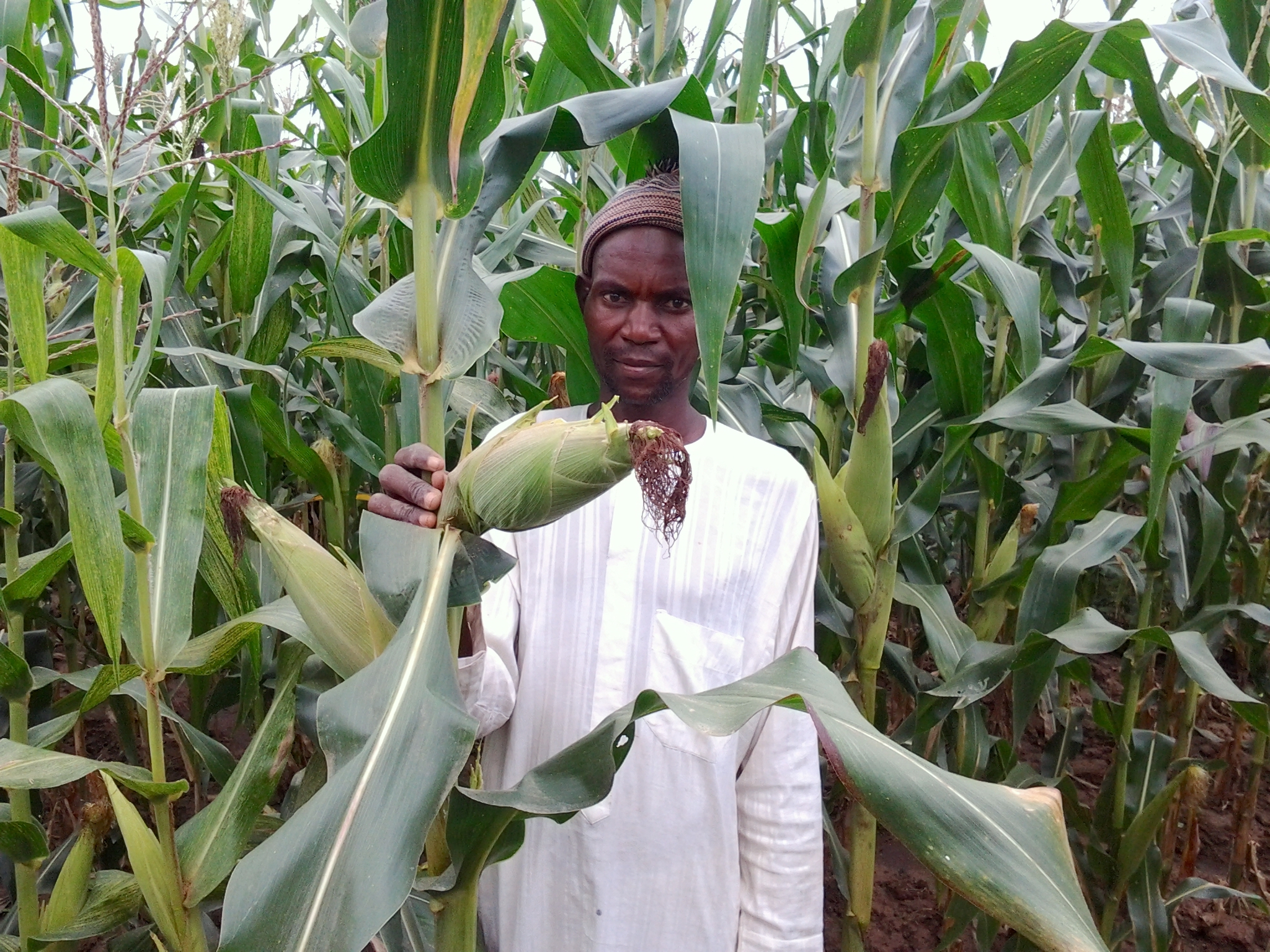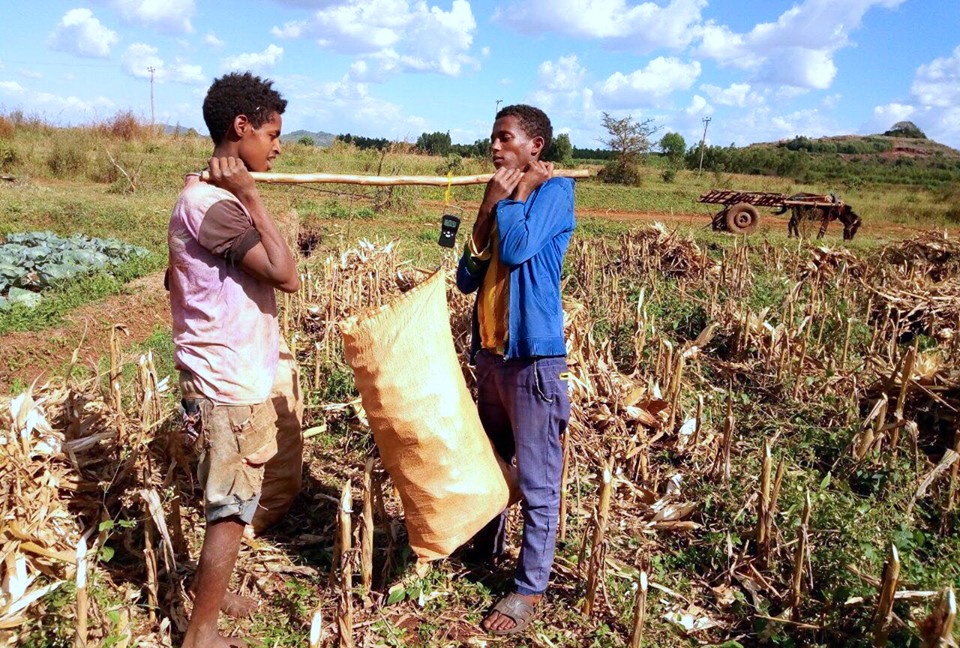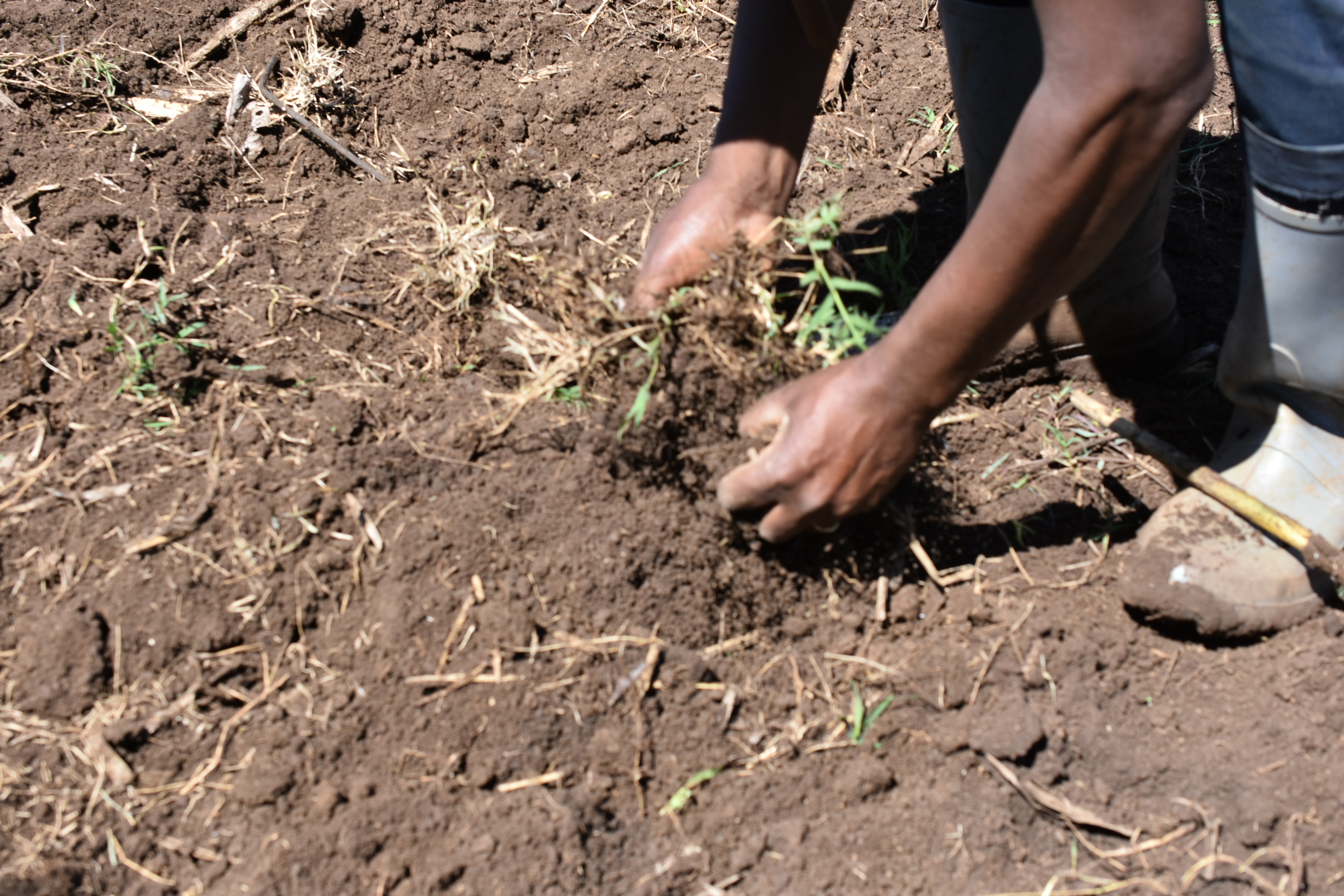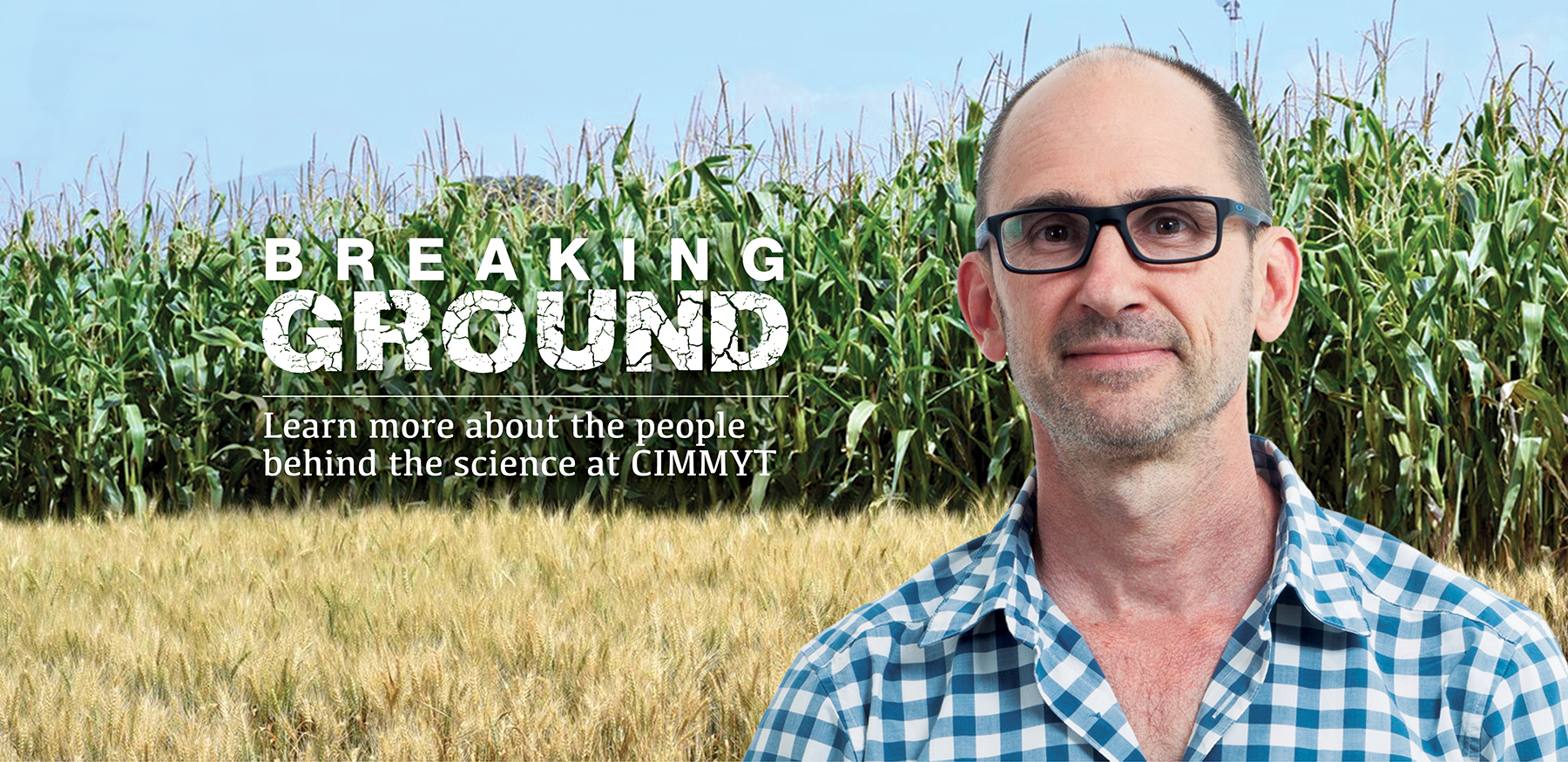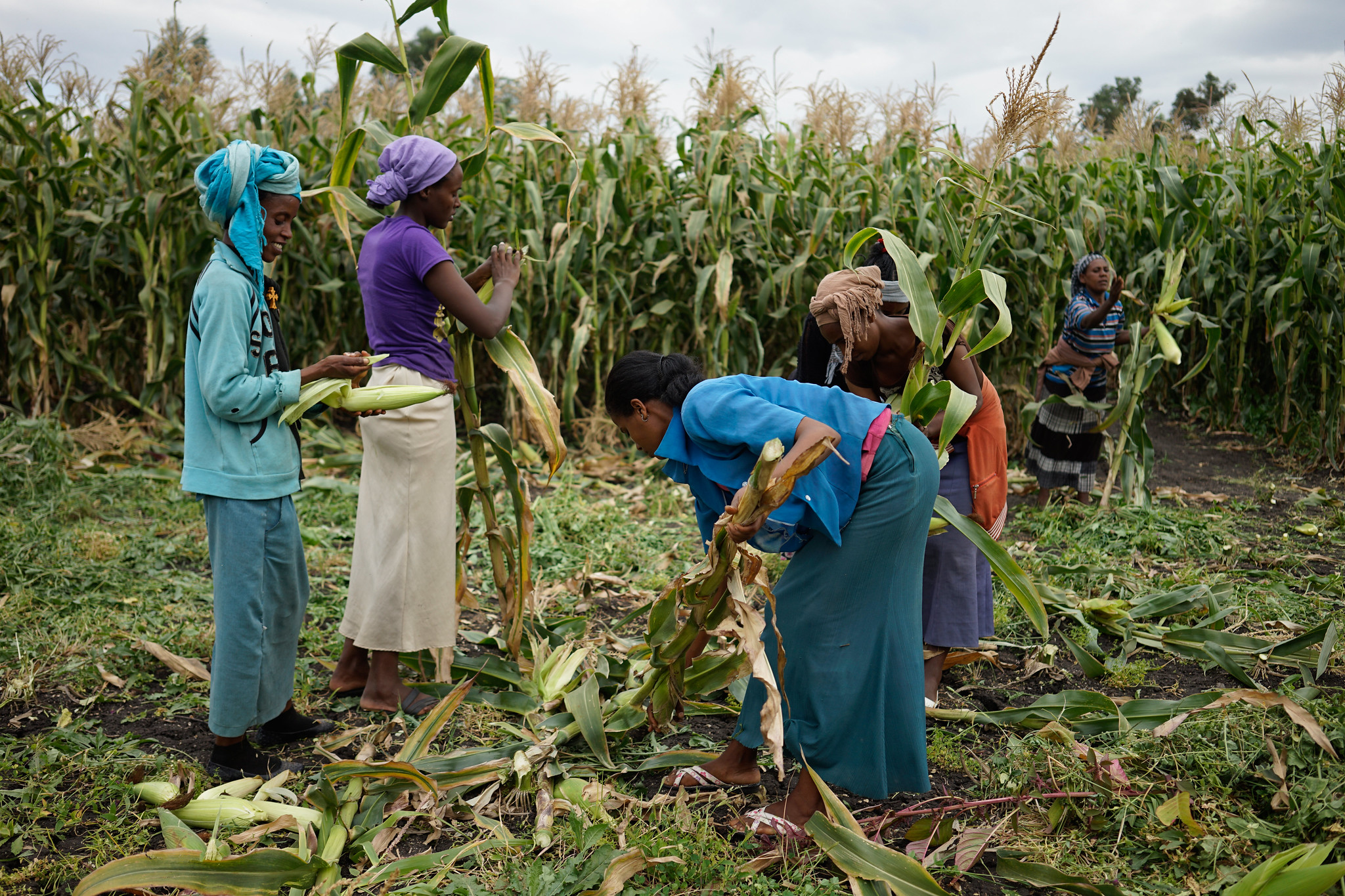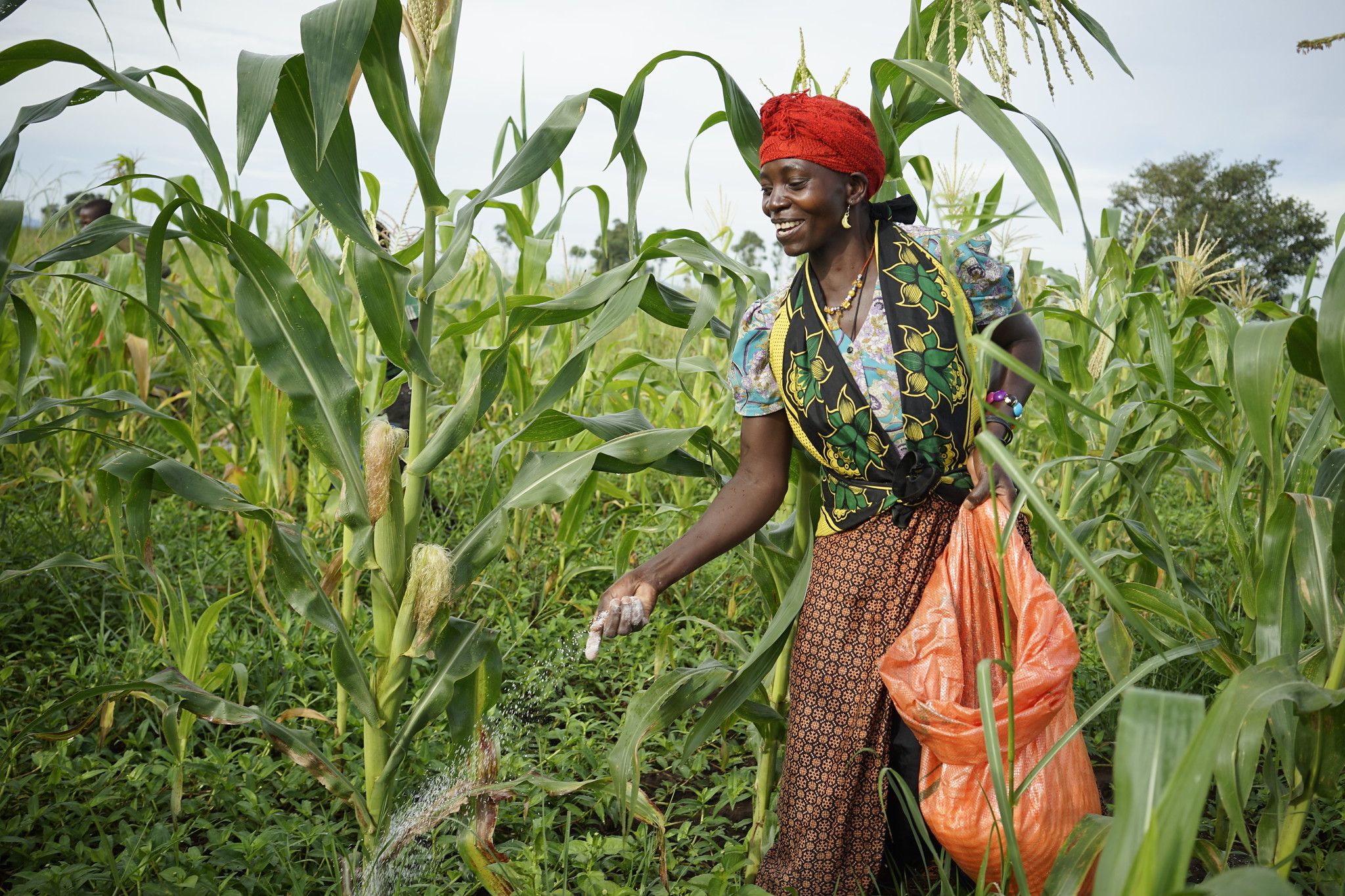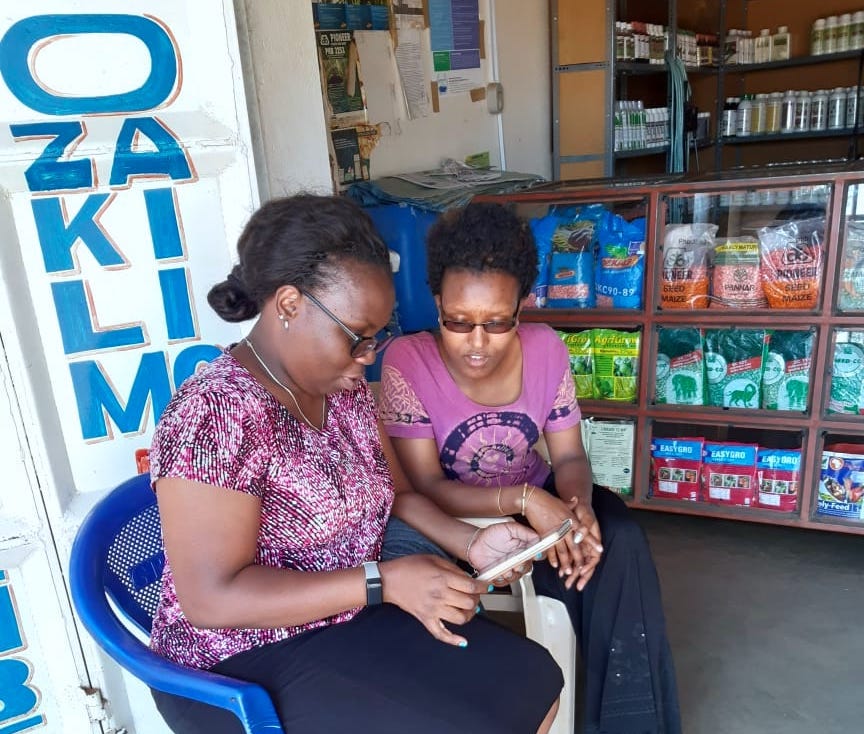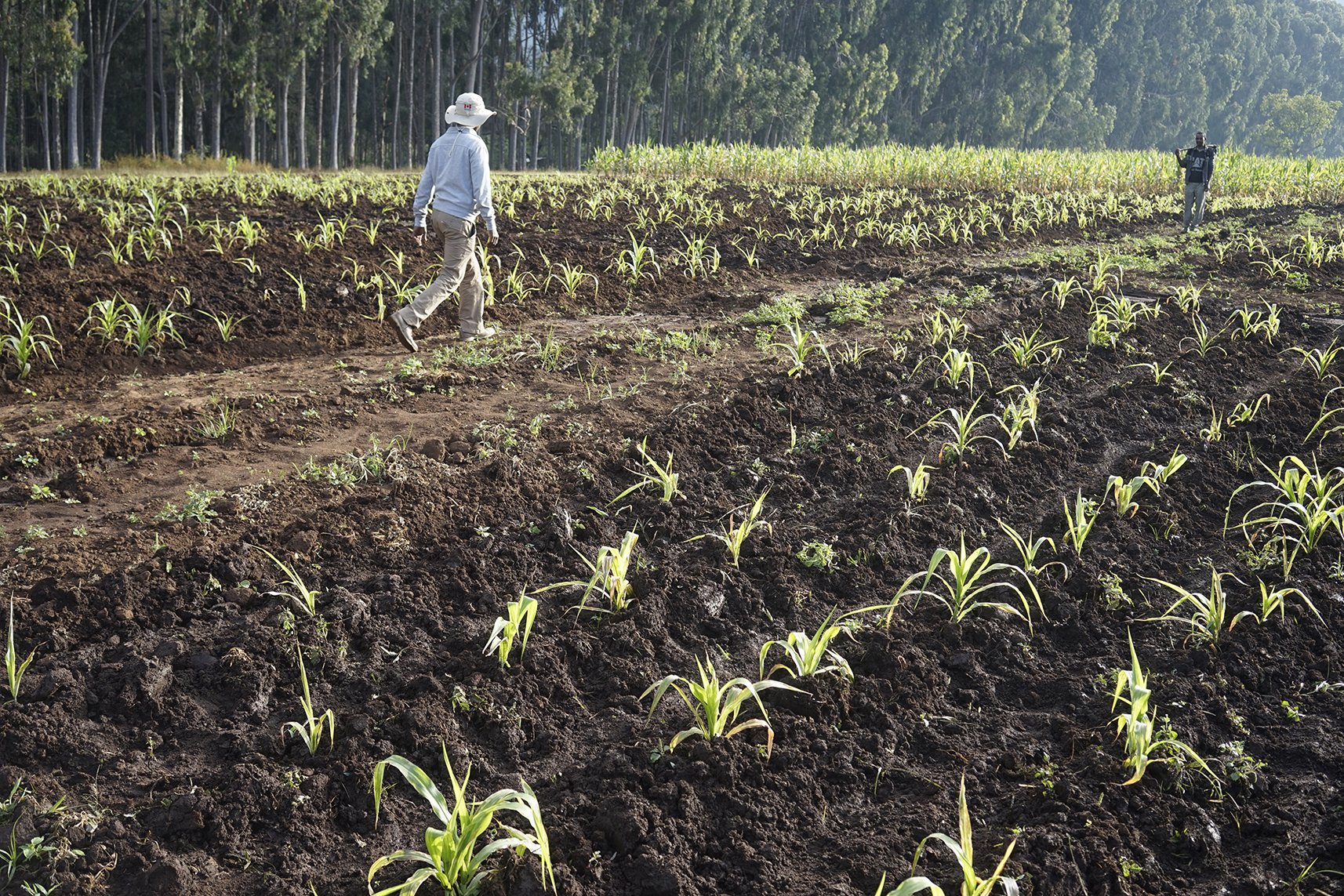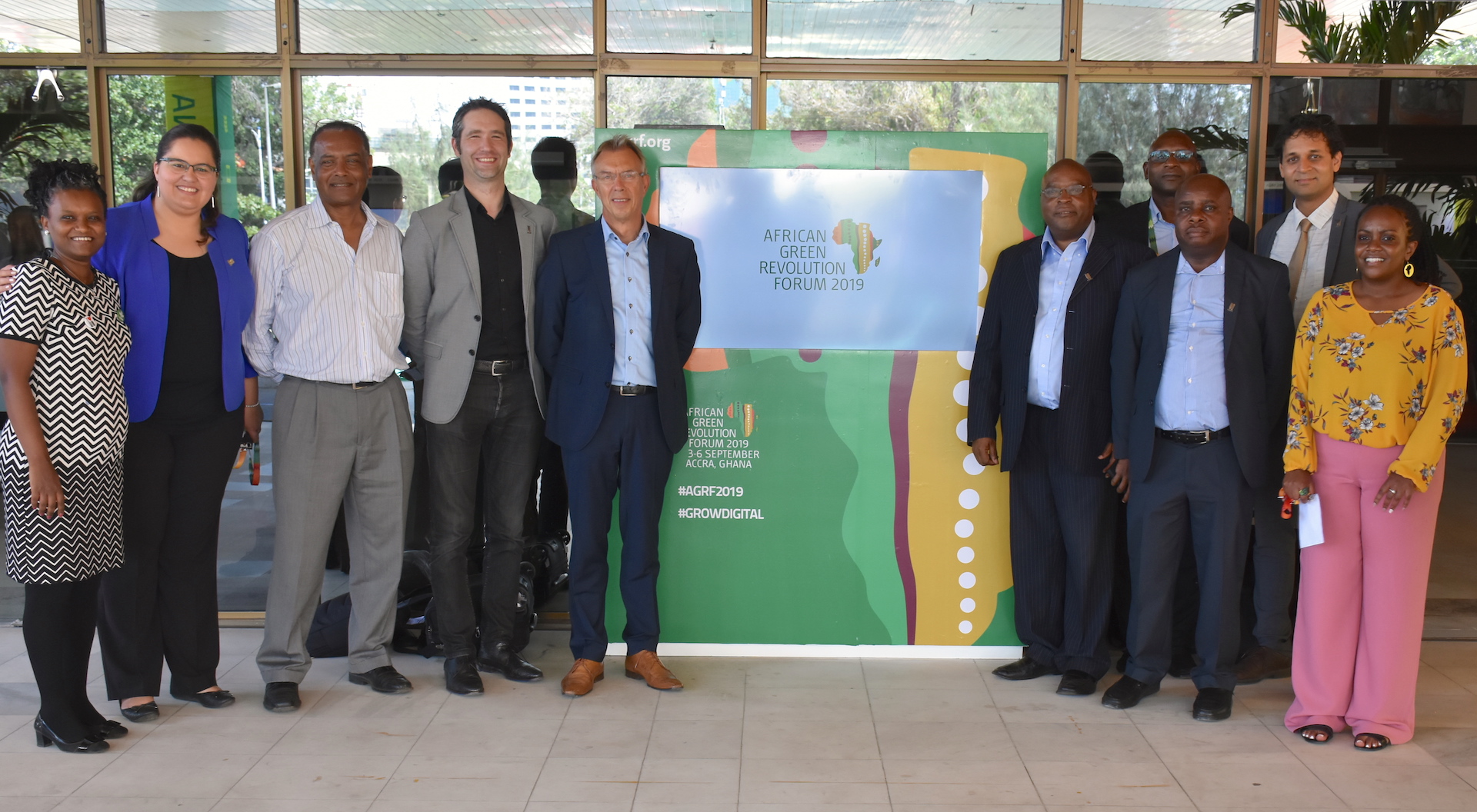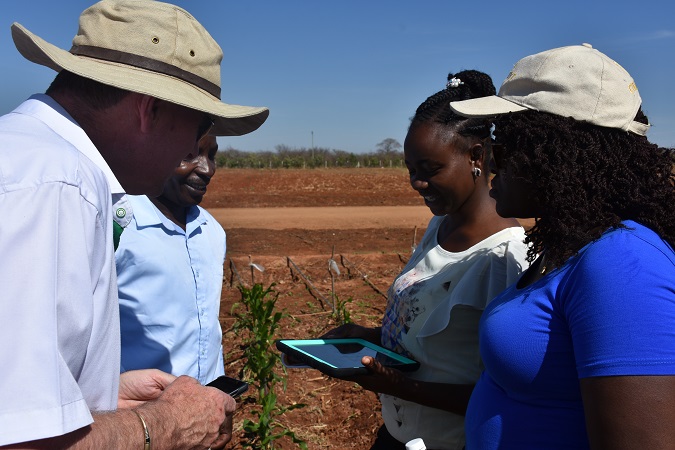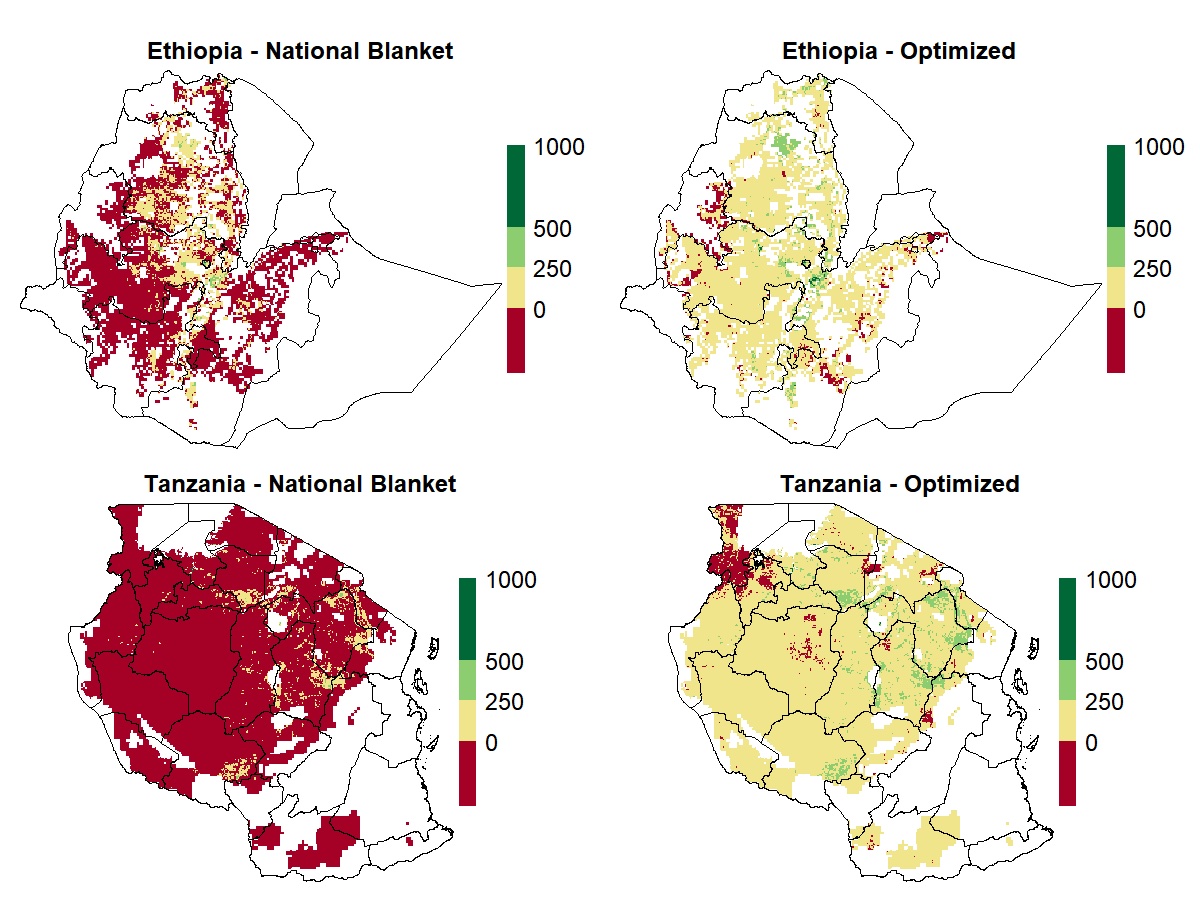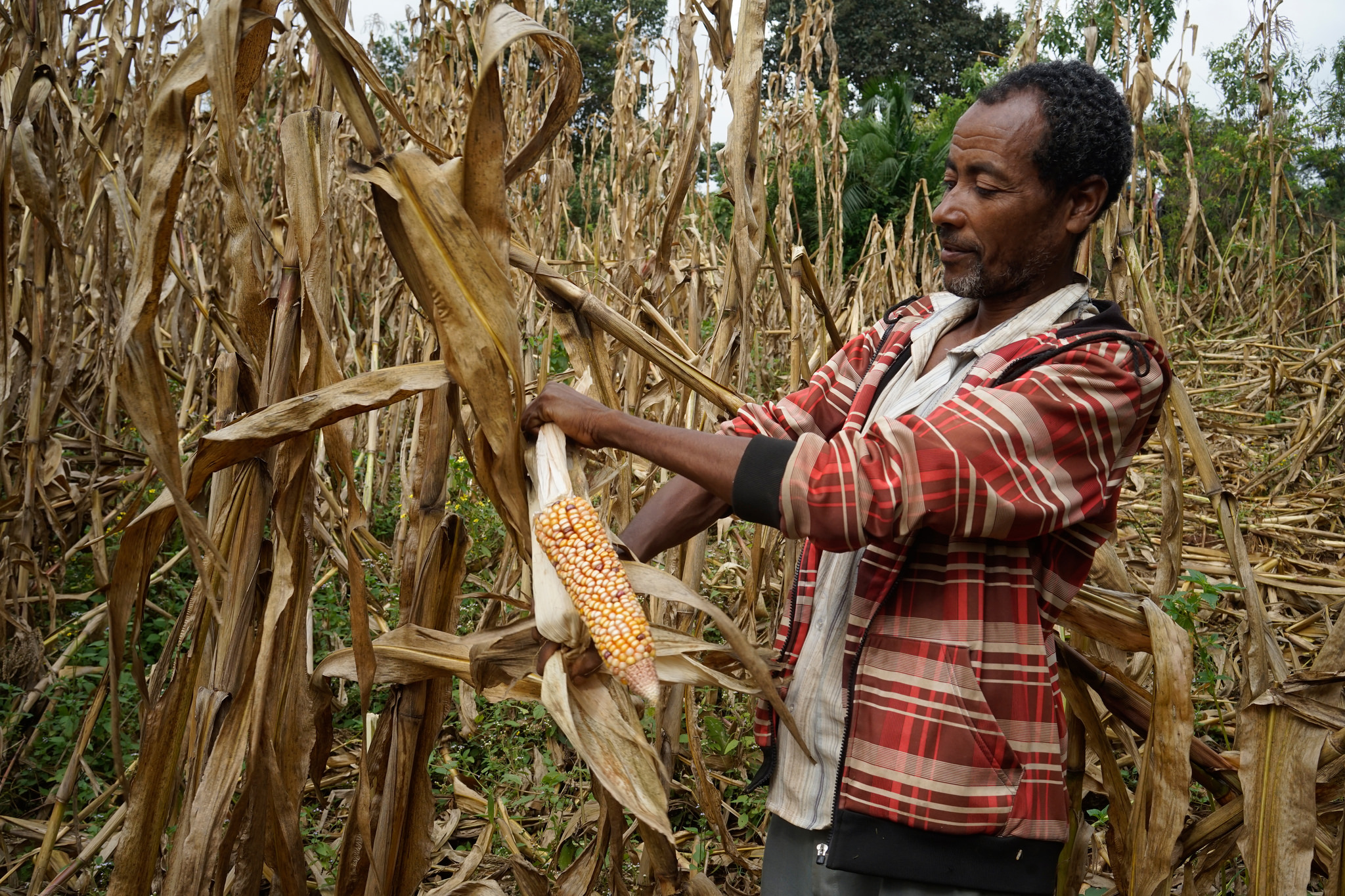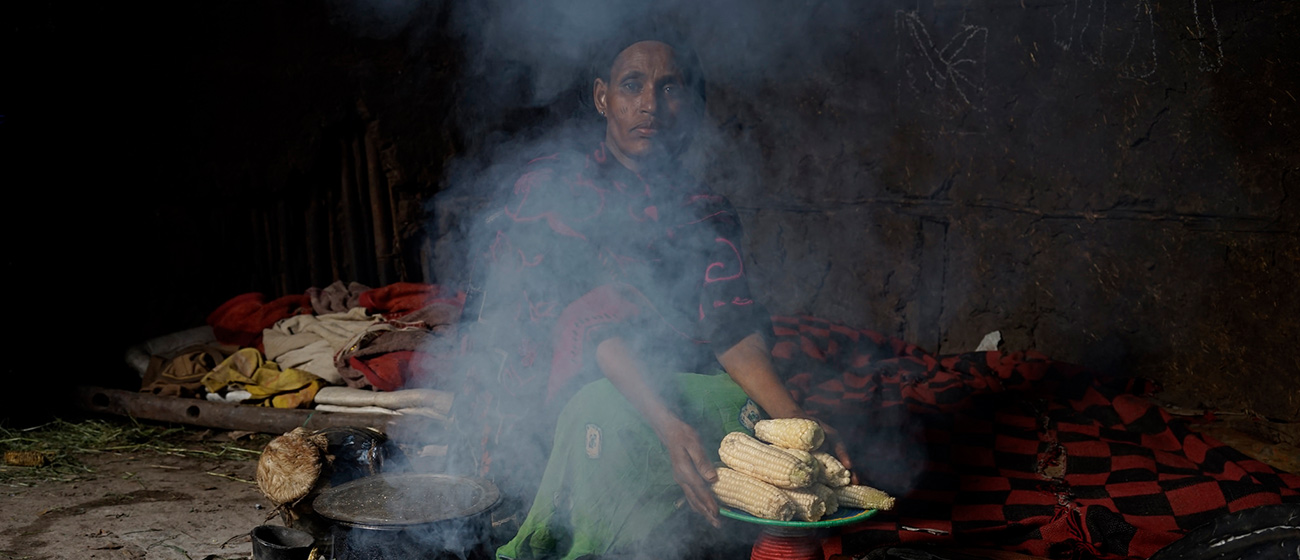Taking Maize Agronomy to Scale in Africa (TAMASA) is a 4-year project seeking to improve productivity and profitability for small-scale maize farmers in Ethiopia, Nigeria and Tanzania.
The overall purpose of TAMASA is to use innovative approaches to transform agronomy that:
- Use available geospatial and other data and analytics to map maize areas, soil constraints, and actual and yields at different scale.
- Work with service providers (i.e. input suppliers, government and private research and extension services, agro-dealers, and others) to identify and co-develop systems and applications that transform this data and information to useable products that support their businesses or programs to reach clients more effectively
- Build capacity in national programs to support and sustain these approaches.
The core products and services of this project include:
- Annual assessments and digital maps of maize growing areas, actual and attainable yields in core research areas or focal areas.
- Decision-support tools for ex-ante spatial analysis, nutrient management, fertilizer formulation and variety selection.
- Open-access databases of agronomic data.
- Increased capacity in national programs and partners through in-country data science and software application training and mentoring.
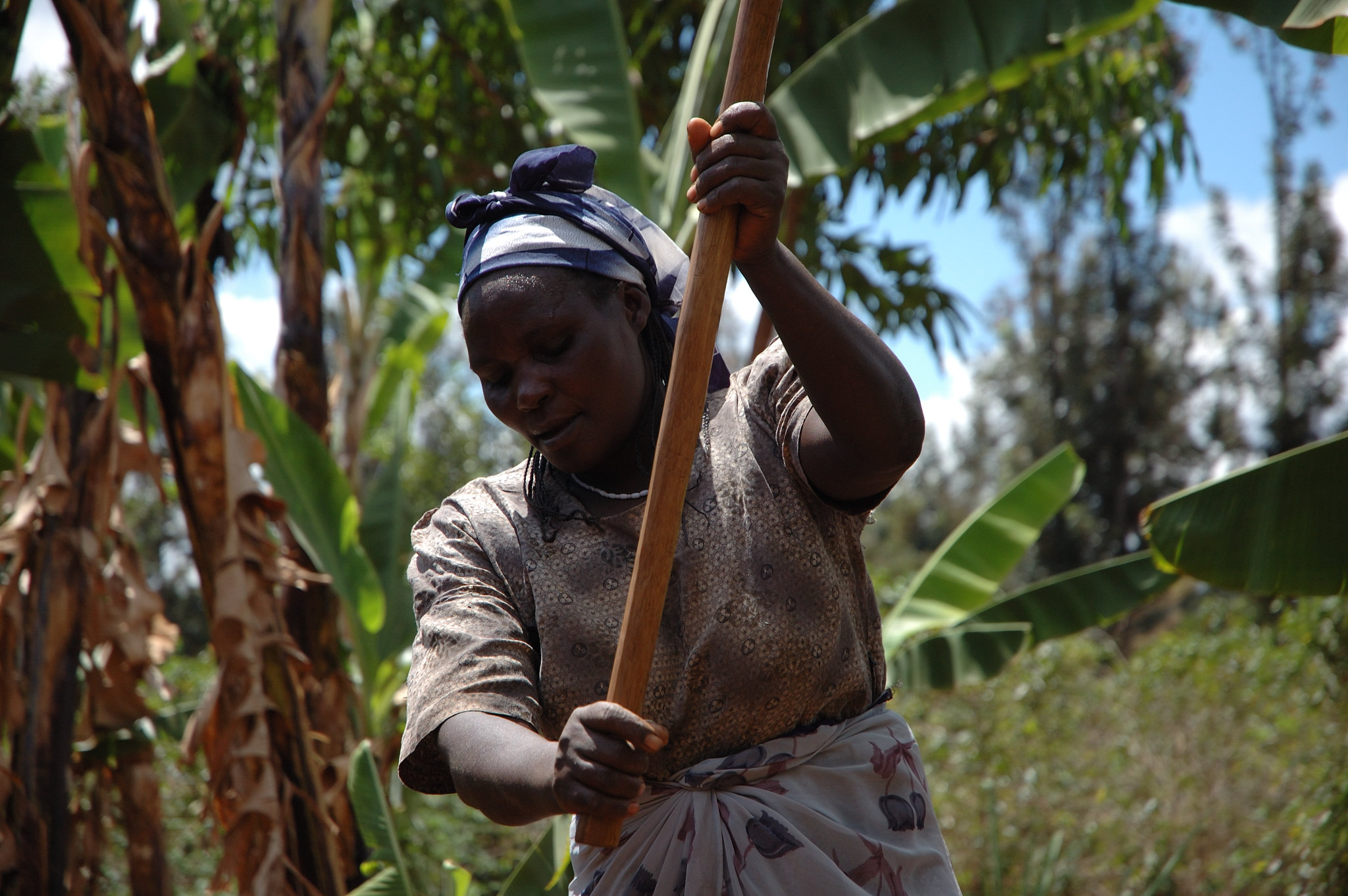
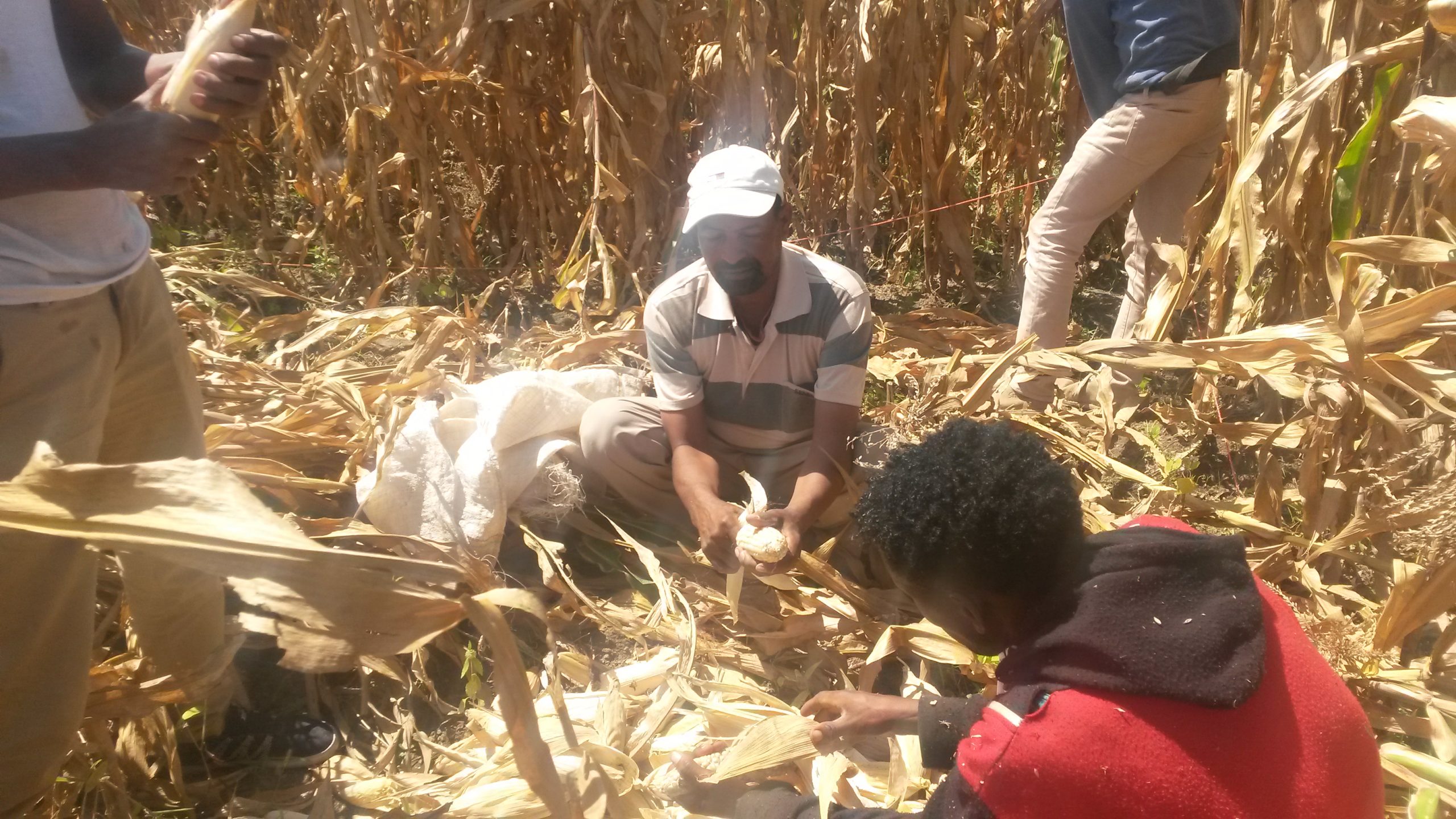
 Capacity development
Capacity development 